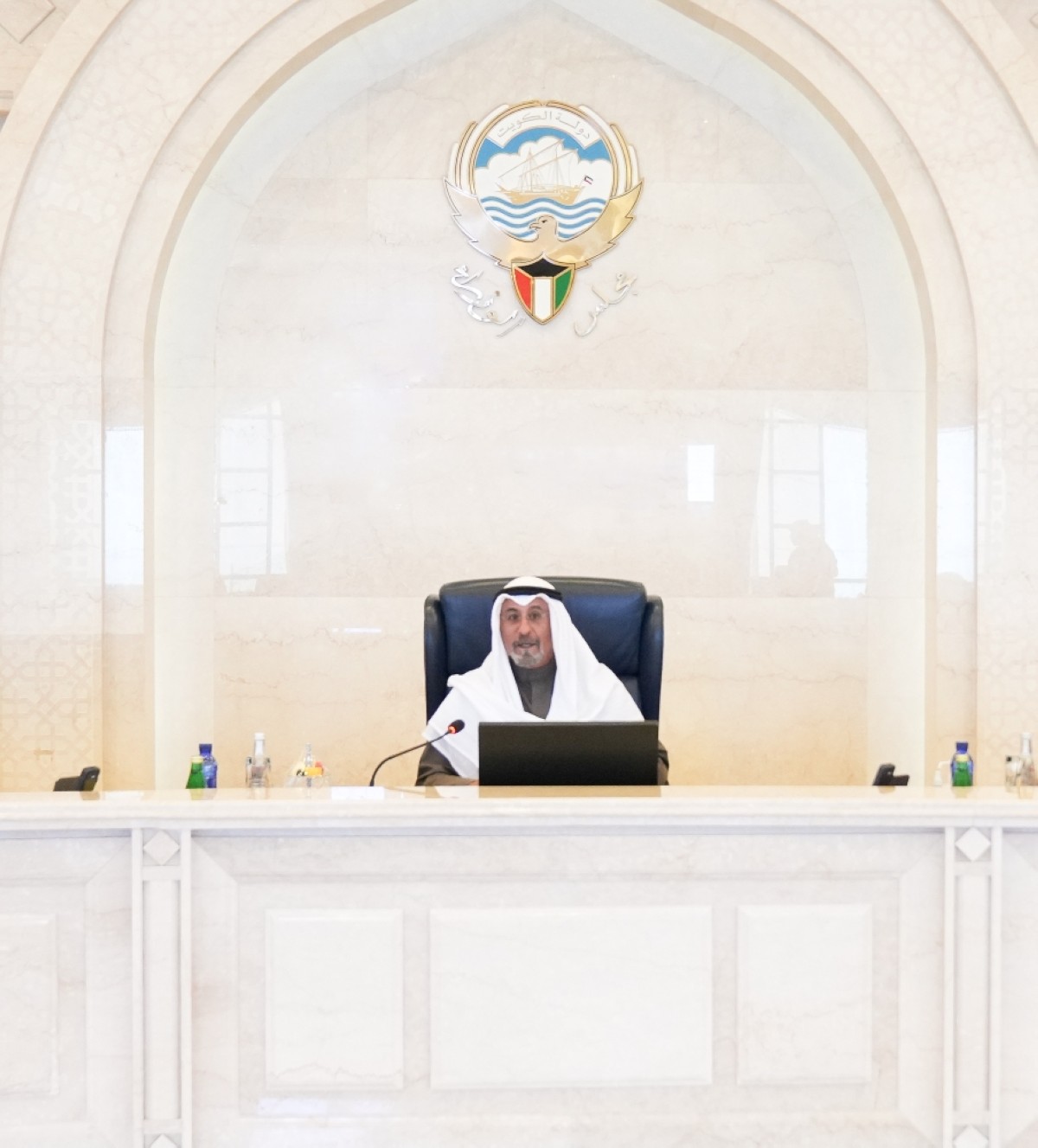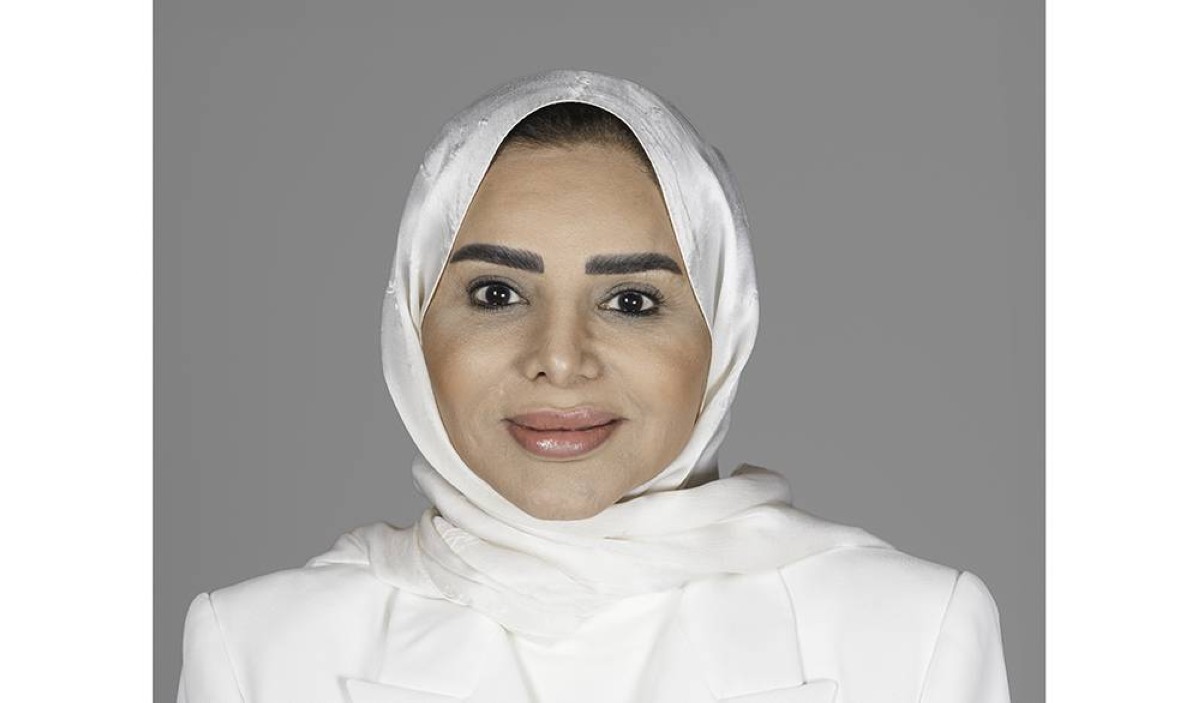KUWAIT: The interior ministry announced on Thursday that it will resume issuing family visas for expatriates starting from Jan 28, as per orders issued by Deputy Prime Minister, Defense Minister and Acting Interior Minister Sheikh Fahad Al-Yousuf Al-Sabah. The resumption comes after a suspension of close to two years.
Under the new rules, expats who qualify to apply for dependent visas for wives and children must draw a monthly salary of at least KD 800, up from KD 600 previously. Applicants must be university graduates and their jobs in the country should be identical to their university specializations, the ministry said in a statement.
Kuwait had suspended the issuance of family visas almost two years ago with the aim to regulate the visas as part of the country’s plans to cut the number of expats, who form over two-thirds of the country’s population of 4.5 million. A few months ago, the interior ministry eased the total ban on dependent visas by allowing expat couples employed in Kuwait to sponsor their children aged five and below.
Meanwhile, HH the Prime Minister Sheikh Dr Mohammad Sabah Al-Salem Al-Sabah chaired Thursday a consultative Cabinet meeting at Seif Palace in the presence of heads of the General Secretariat of the Supreme Council for Planning and Development. The meeting aimed to determine priorities and review initiatives of the government’s action program in light of the content of the decree of HH the Amir Sheikh Mishal Al-Ahmad Al-Jaber Al-Sabah.
The meeting was in line with the government’s keenness to follow up on preparing its action program and submit it to the National Assembly in a manner that meets the aspirations of the Kuwaiti people, Minister of Social Affairs, Family and Childhood Affairs and Acting Minister of State for Cabinet Affairs Sheikh Feras Saud Al-Sabah said.
HH the Prime Minister extolled efforts and keenness of the ministers and those tasked with preparing the program, Sheikh Feras noted. HH Sheikh Dr Mohammad underlined the necessity of constructive cooperation and coordination between the legislative and executive branches to achieve national goals and aspirations of the country and its people amid a sincere desire for positive work and fruitful cooperation between the two sides.



